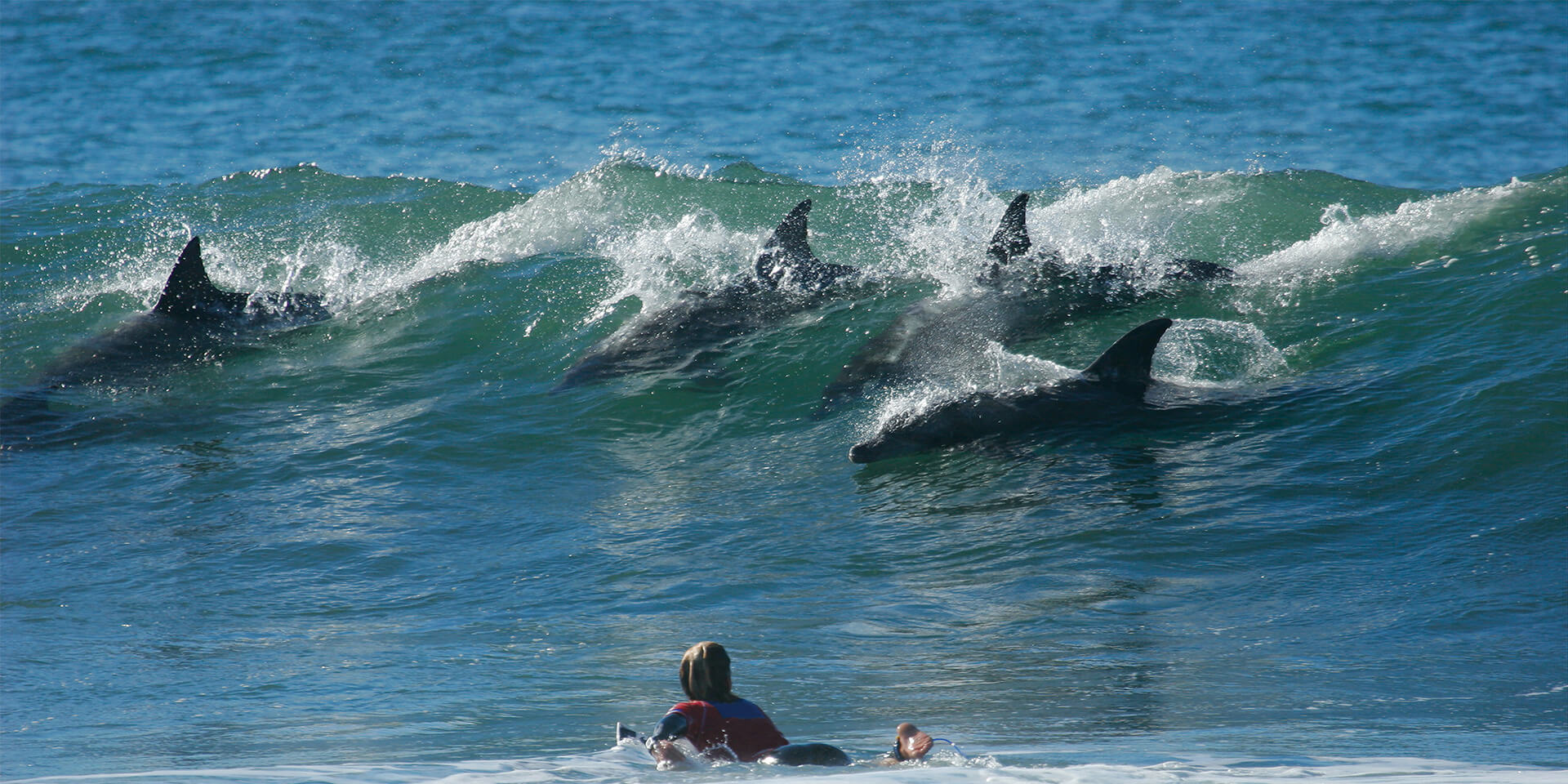Integration of Local or Traditional Knowledge and western science using a Bayesian approach for fully informed models
Auger-Méthé, M.
The University of British Columbia
As climate changes, access to species with significant cultural and subsistence value for Indigenous people in the Arctic is changing, resulting in negative effects on overall community health. Wildlife management decision are increasingly being made with climate change in mind and are often required to consider Local and Traditional Knowledge (LTK) in the decision process. This study aims to develop an analytical framework via Bayesian statistics that integrates LTK and western science information on wildlife habitat and behavior. LTK interview data will be merged with satellite telemetry data collected from seals in Alaskan waters. The project objectives are to: (1) document LTK about ringed, bearded, and spotted seals from knowledge holders in Kotzebue, AK and Point Hope, AK; (2) analyze the LTK to convert it into a form that can be incorporated into a Bayesian statistical framework; and (3) assess the methodology via feedback from LTK holders. This approach will provide communities with information on species that hold cultural and subsistence importance using an approach that formally includes LTK.
